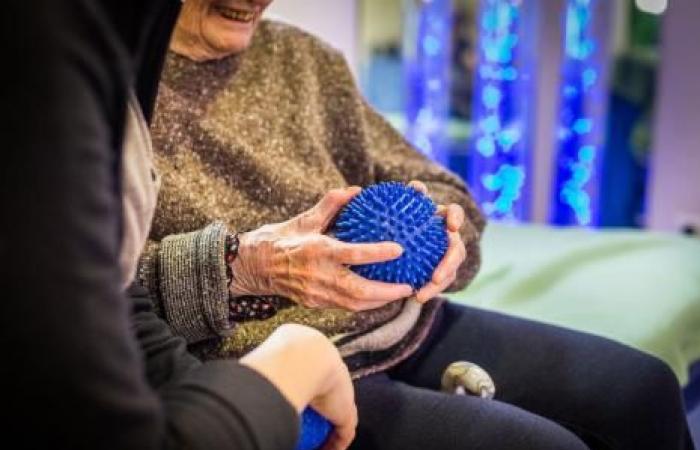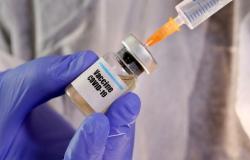The GlaxoSmithKline Laboratory (GSK) was sued on February 15, 2024 by Stéphane Grange, a fifty-year-old suffering from Parkinson’s disease who suffered serious side effects following the use of Requip (ropinirole). Having become addicted to games and sex and having fallen into debt to the tune of 90,000 euros in less than two years, he criticizes the laboratory for having been slow to provide clear information on the serious and long-known adverse effects of this treatment. The hearing between Stéphane Grange and the British laboratory is scheduled for November 2025. As a reminder, the laboratory was already ordered in 2012, for another complaint concerning the same drug, to pay 200,000 euros in compensation to the complainant.
In an investigation published on January 17, “Franceinfo” summarized the elements which led to this new legal procedure. It all started in 1986, when the National Agency for the Safety of Medicines and Health Products (ANSM) received the first report of an addiction control disorder associated with taking a dopamine agonist, the therapeutic class to which Requip belongs. Until the end of the 2000s, patients were treated with Pramipexole (Sifrol), piribedil (Trivastal) or even bromocriptine (Parlodel), without being informed of the associated risks.
As for Requip, it was not the subject of a first report for an identical disorder until 2006. But lawyer Antoine Béguin obtained the first conviction of GSK in 2012, with an internal note from the laboratory dating from 2003 which allowed him to prove that the latter knew the risks faced by the patients, but did not act. This document reported the case of a 63-year-old man taking Requip whose libido increased “significantly” from the start of treatment, causing him to commit the worst: “Eleven months after starting treatment with ropinirole, the patient committed a sexual assault (act of pedophilia on a 7-year-old girl), for which he was imprisoned. The ropinirole dose was reduced to 6 mg per day, with a view to stopping treatment. The patient’s libido problem subsequently disappeared. » Some 250 testimonies were sent to him after his historic victory.
-As for the trial of Stéphane Grange, the context is not quite the same, since the cases of addiction to gambling, compulsive buying and hypersexuality are noted in the SPC of the product, without however indicate the frequency (indeterminate, according to the instructions).
However, in 2018, a large study led by Professor Jean-Christophe Corvol, neurologist at Pitié-Salpêtrière, determined that one in two patients treated with dopamine agonists developed impulse control disorders within five years.






